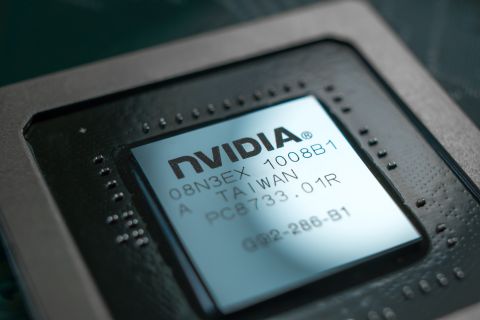ALBAWABA - Taiwan Semiconductor Manufacturing Company (TSMC), the largest and most sophisticated semiconductor foundry in the world, has allegedly stopped shipping its state-of-the-art AI chips to Chinese consumers due to possible export United States policy breaches, NY Times reports.
After learning that one of its chips, which had been requested by a Chinese client, ultimately turned up in a Huawei device, a breach of U.S. sanctions placed on the Chinese telecom behemoth, TSMC temporarily suspended its export operations.
For several years now, the U.S. government has placed rigorous restrictions on chip shipments to China in an attempt to limit China's access to high-performance computing capabilities that may be used in military purposes.
TSMC, which has benefited greatly from U.S. backing, including $6.6 billion for a new factory in Arizona under the CHIPS and Science Act, is under increasing pressure to make sure its technology does not get under these restrictions, according to NY Times.
As it tightens compliance controls, TSMC has now chosen to suspend orders from Chinese companies that use its 7-nanometer (nm) and lower nodes to produce AI and GPU chips. According to industry sources, the U.S. Department of Commerce requested this action, which went into effect on November 11, the Register reports.
Although the majority of TSMC's income comes from North American firms like Apple and Nvidia, the company also serves Chinese tech heavyweights like Baidu and Horizon Robotics. As a result of the sanctions and the ensuing compliance obligations, TSMC's Chinese revenue has already been significantly hit, falling from 20% of overall sales in 2019 to merely 12% last year.








